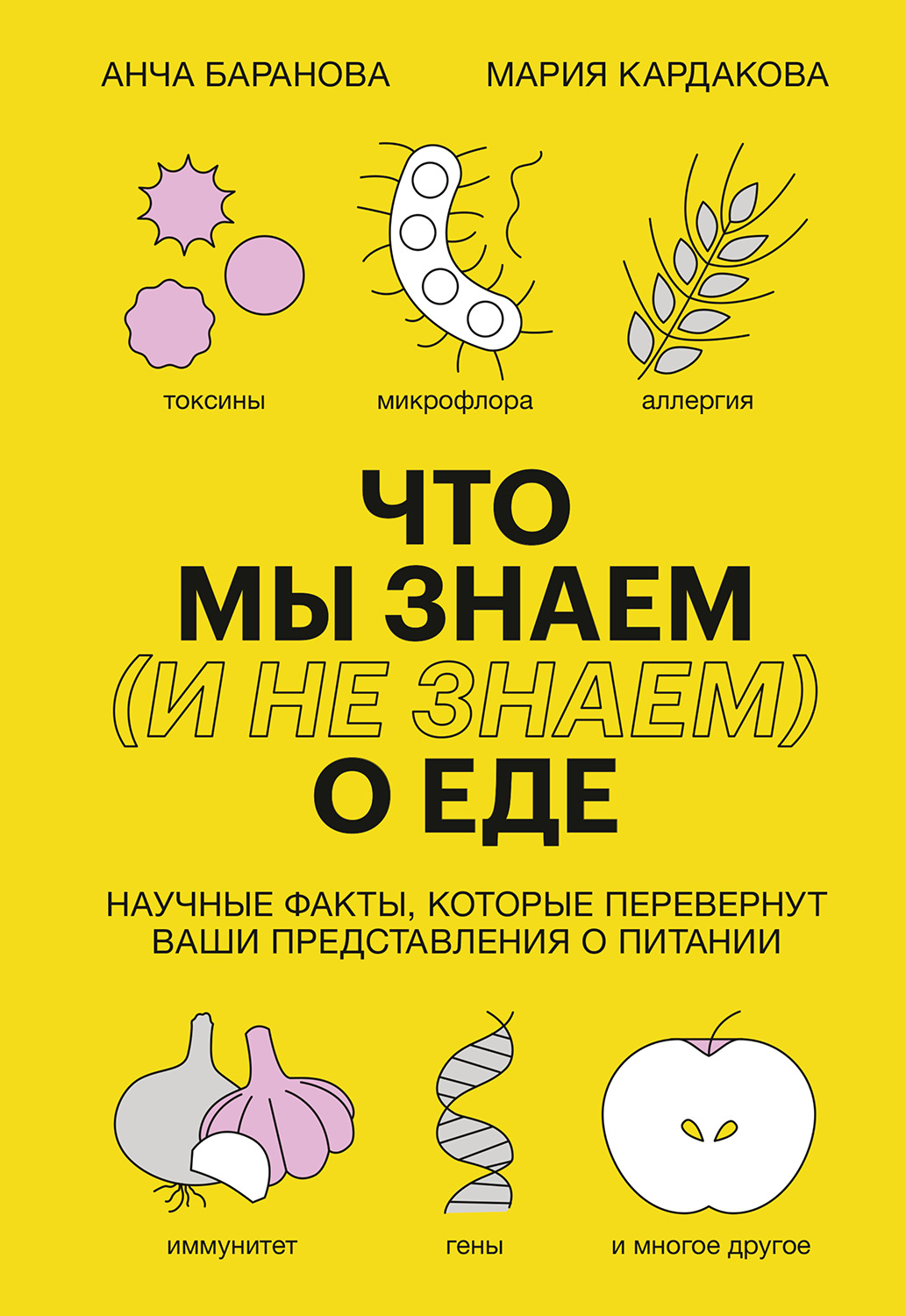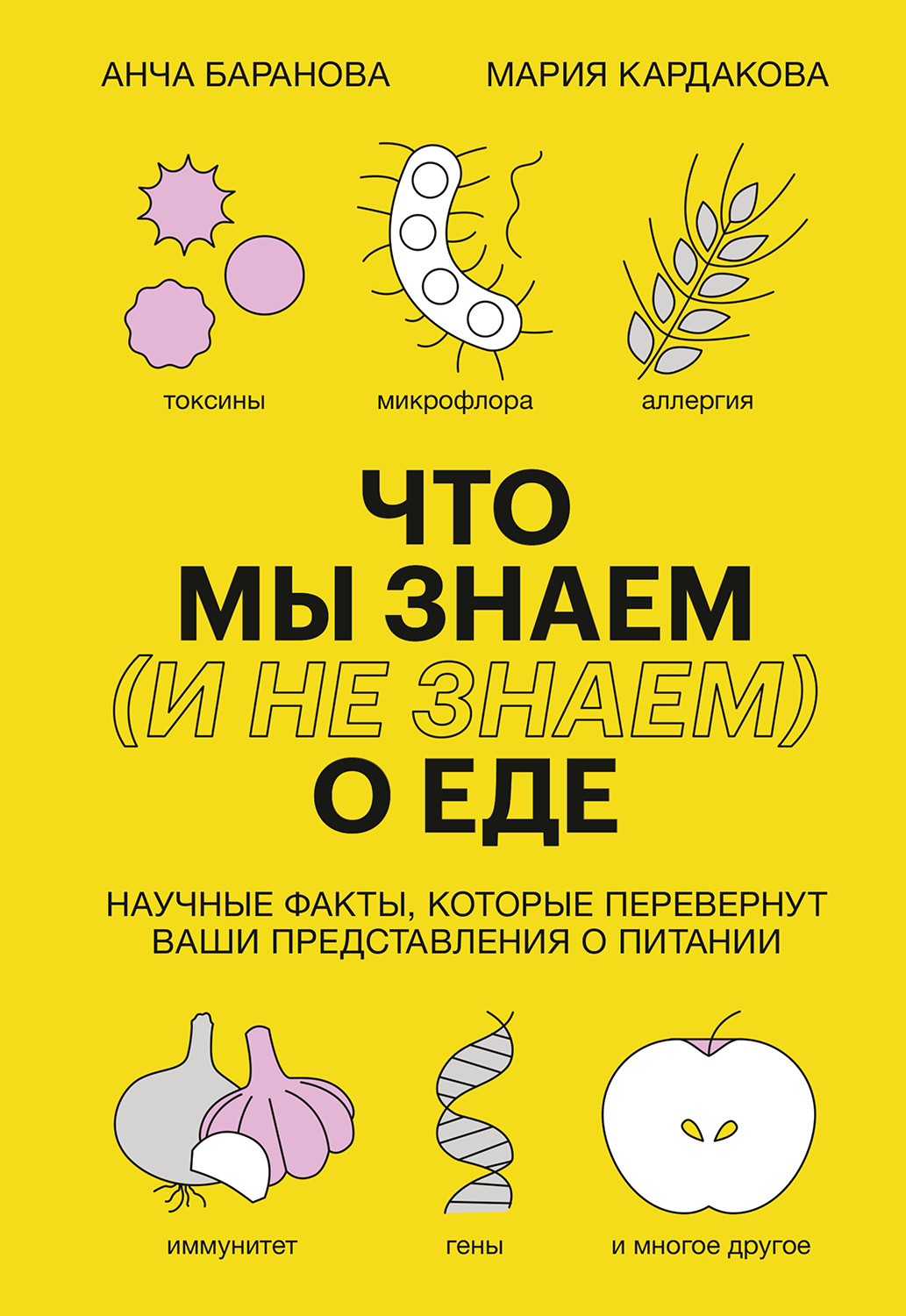Sep 21;10(10):1355 // doi: 10.3390/nu10101355.
Vatanen T., et al. Variation in Microbiome LPS Immunogenicity Contributes to Autoimmunity in Humans // Cell. 2016. April 28 // cell.com/cell/comments/S0092-8674(16)30398-1.
Giuliani C., et al. Genetics of Human Longevity Within an Eco-Evolutionary Nature-Nurture Framework // Circ. Res. 2018. Sep. 14. Vol. 123. No. 7. Pp. 745–772 // doi: 10.1161/CIRCRESAHA.118.312562; Biagi E., Rampelli S., Turroni S. et al. The gut microbiota of centenarians: Signatures of longevity in the gut microbiota profile // Mech. Ageing Dev. 2017. Jul. Vol. 165. Pt. B. Pp. 180–184 // doi: 10.1016/j.mad.2016.12.013.
López-Otín C., et al. The hallmarks of aging. Cell. 2013. Jun. 6. Vol. 153. No. 6. Pp. 1194–1217 // doi: 10.1016/j.cell.2013.05.039.
Biagi E., Candela M., Fairweather-Tait S. et al. Aging of the human metaorganism: the microbial counterpart // Age (Dordr.). 2012. Feb. Vol. 34. No. 1. Pp. 247–267 // doi: 10.1007/s11357-011-9217-5.
Cattaneo A., et al. Association of brain amyloidosis with pro-inflammatory gut bacterial taxa and peripheral inflammation markers in cognitively impaired elderly // Neurobiol. Aging. 2017. Jan. Vol. 49. Pp. 60–68 // doi: 10.1016/j.neurobiolaging.2016.08.019.
Toro-Martín J. D., et al. Precision Nutrition: A Review of Personalized Nutritional Approaches for the Prevention and Management of Metabolic Syndrome, Nutrients, 2017.
Venkataraman A, et al. Variable responses of human microbiomes to dietary supplementation with resistant starch // Microbiome. 2016 Jun 29;4(1):33 // doi: 10.1186/s40168-016-0178-x.
Wu L, et al. A Cross-Sectional Study of Compositional and Functional Profiles of Gut Microbiota in Sardinian Centenarians // mSystems. 2019 Jul 9;4(4):e00325-19 // doi: 10.1128/mSystems.00325-19.
Perry R. J., et al. Acetate mediates a microbiome-brain-b-cell axis to promote metabolic syndrome // Nature. 2016. Jun. 9. Vol. 534. No. 7606. Pp. 213–217 // doi: 10.1038/nature18309.
David LA, et al. Diet rapidly and reproducibly alters the human gut microbiome. Nature. 2014 Jan 23;505(7484):559-63. doi: 10.1038/nature12820.
Vanessa K. Ridaura, et.al. Gut Microbiota from Twins Discordant for Obesity Modulate Metabolism in Mice // Science, 6 Sep 2013 Vol 341, Issue 6150 // doi: 10.1126/science.1241214
Lessa F. C., et al. Burden of Clostridium difficile infection in the United States // N. Engl. J. Med. 2015. Vol. 372. Pp. 825–834; Hall A. J., Curns A. T., McDonald L. C. et al. The roles of Clostridium difficile and norovirus among gastroenteritis-associated deaths in the United States, 1999–2007 // Clin. Infect. Dis. 2012. Vol. 55. Pp. 216–223.
Eiseman B., et al. Fecal enema as an adjunct in the treatment of pseudomembranous enterocolitis // Surgery. 1958. Vol. 44. Pp. 854–859.
Процедура ФКТ https://www.cnmt.ru/novyie-texnologii/vosstanovlenie-kishechnoj-mikrobiotyi (на 2022 год процедура не проводится в связи с с изменениями в законодательстве).
Borody TJ, et al. Fecal microbiota transplantation: indications, methods, evidence, and future directions // Curr Gastroenterol Rep. 2013 Aug;15(8):337 // doi: 10.1007/s11894-013-0337-1; Borody TJ, et al. Fecal Microbiota Transplantation: Expanding Horizons for Clostridium difficile Infections and Beyond // Antibiotics (Basel). 2015 Jul 6;4(3):254-66 // doi: 10.3390/antibiotics4030254.
Marotz CA, Zarrinpar A. Treating Obesity and Metabolic Syndrome with Fecal Microbiota Transplantation // Yale J Biol Med. 2016 Sep 30;89(3):383–388 // ncbi.nlm.nih.gov/pmc/articles/PMC5045147; Vrieze A., Van Nood E., Holleman F. et al. Transfer of intestinal microbiota from lean donors increases insulin sensitivity in individuals with metabolic syndrome // Gastroenterology. 2012. Vol. 143. No. 4. Pp. 913–916.
Yu EW, et al. Fecal microbiota transplantation for the improvement of metabolism in obesity: The FMT-TRIM double-blind placebo-controlled pilot trial // PLoS Med. 2020 Mar 9;17(3):e1003051 // doi: 10.1371/journal.pmed.1003051.
Ottman N., Reunanen J., Meijerink M. et al. Pili-like proteins of Akkermansia muciniphila modulate host immune responses and gut barrier function // PLoS ONE. 2017. Vol. 12. No. 3. P. e0173004 // doi: 10.1371/journal.pone.0173004.
Strandwitz P., et al. GABA Modulating Bacteria — Can Our Bacteria Make Us Depressed? Northeastern University, 2015 // repository.library.northeastern.edu/downloads/neu:m041hd210?datastream_id=content.
Steenbergen L., et al. A randomized controlled trial to test the effect of multispecies probiotics on cognitive reactivity to sad mood // Brain Behav. Immun. 2015. Aug. Vol. 48. No. 258–264 // doi: 10.1016/j.bbi.2015.04.003.
Gauci S, et al. Dietary patterns in middle age: effects on concurrent neurocognition and risk of age-related cognitive decline. Nutr Rev. 2022 Apr 8;80(5):1129–1159 // doi: 10.1093/nutrit/nuab047; Matison AP, et al. Associations between nutrition and the incidence of depression in middle-aged and older adults: A systematic review and meta-analysis of prospective observational population-based studies // Ageing Res Rev. 2021 Sep;70:101403 // doi: 10.1016/j.arr.2021.101403.
Christine Hall. Startups Focused On Gut Microbiome For Health Clues Raised $1B In VC Funding // December 8, 2020 // news.crunchbase.com/news/startups-focused-on-gut-microbiome-for-health-clues-raised-1b-in-vc-funding.
Grigoroff S. Étude sur une lait fermenté comestible. Le «Kissélo mléko» de Bulgarie // Revue Médicale de la Suisse Romande. Genéve. Georg&G., Libraires-Éditeurs. Librairie de L’Université. 1905.
Metchnikoff E. Quelques remarques sur le lait aigri. E. Rémy, 30 p., 1908.
Scaldaferri F., et al. Role and mechanisms of action of Escherichia coli Nissle 1917 in the maintenance of remission in ulcerative colitis patients: An update // World J Gastroenterol. 2016 Jun 28;22(24):5505-11 // doi: 10.3748/wjg.v22.i24.5505.
Lactobacillus





